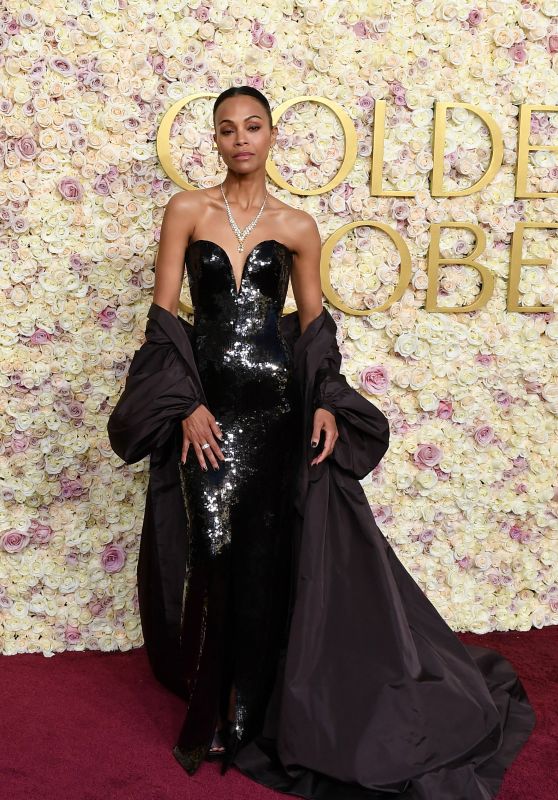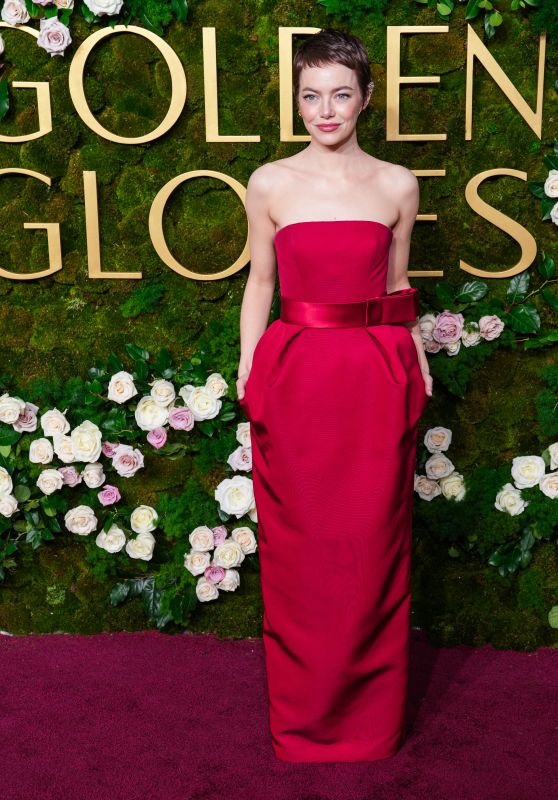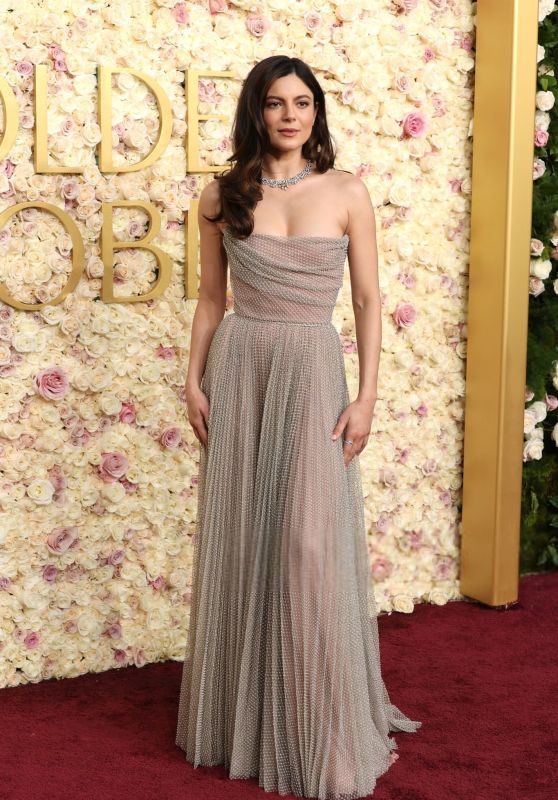The walls of Eric Vetro’s studio are lined with keepsakes and mementos. In one corner, Ariana Grande’s first ever platinum record sits not far from a translucent guitar designed by Shawn Mendes. In between hangs a gold record from Sabrina Carpenter. On the opposite wall, platinum records from Mendes and his ex-girlfriend Camila Cabello sit atop each other, next to other plaques from Rosalia and Becky G. Beside his “wall of selfies”—hundreds of pictures of Vetro and his favorite students—hangs the platinum record for Katy Perry’s Teenage Dream.
“I keep a lot of them around,” Vetro admits over Zoom as he virtually takes me on a tour of his musical dojo, located in his home in Toluca Lake, CA. Over the course of his career, the 58-year-old has become indispensable to his A-list clientele. He’s the voice teacher you call when your client needs to hit the high note—whether that’s in the booth or on a soundstage. This film season alone, he’s responsible for getting Grande into Glinda shape for Wicked, teaching Angelina Jolie to hit high C’s as opera diva Maria Callas in Maria, and helping Timothée Chalamet channel Bob Dylan for A Complete Unknown.
While we’re in the middle of chatting, he gets a Facetime call. “Omar? Can I call you back in five minutes? I'm on with Vanity Fair,” says Vetro, apologetically. “Absolutely not,” jokes recording artist and Queer star Omar Apollo, apparently a few hours early for his own Facetime voice lesson. “He taught me everything I know,” Apollo tells me after Vetro virtually introduces us. After figuring out how they got their wires crossed, Apollo bids a fond farewell to Vetro, who he’ll see in approximately two hours. “Phew! Okay. Now we have more time,” Vetro tells me, regaining his focus. Clearly, getting time with Vetro is a rare and valuable thing.
Despite working with celebrities day in and day out, Vetro never dreamt of stardom himself. Growing up in rural upstate New York, he had quirky tastes, preferring the vocal stylings of Elvis Presley and Judy Garland over the popular music of the day. Ironically, he got to work with both—in his own way—when he coached Austin Butler and Renée Zelwegger for Elvis and Judy, respectively. “I don't think a lot of kids fantasized about giving a voice lesson to Judy Garland, but I did,” Vetro says.
When he was cast in his high school production of West Side Story, Vetro was happiest when he was handpicked by the musical director to help his classmates learn their parts. “That gave me an identity, because I didn't have a strong identity growing up,” he says. “Like, oh, this is what I do: I play the piano. I'm good at helping people learn songs.”
Vetro went on to do what many talented, musical-theater-pilled kids do upon high school graduation: he went to NYU. After graduation, he dabbled in performance for a few months, before finding that a light dose of stage fright confirmed he was happiest behind the scenes as a vocal coach. “I've actually never done anything since,” Vetro says. “I'm essentially doing the same thing now that I did when I was in junior high and high school.”
In a crowded industry—you can’t throw a rock in New York without hitting a voice teacher—Vetro distinguished himself the old-fashioned way: “Good word of mouth,” he says, matter-of-factly. The power of good reviews landed Vetro a gig with cabaret singer Samantha Samuels. Together, they toured the country for a year. Instead of returning to the east coast afterwards, he decided to give Los Angeles a try. He never left.
ken sawyer
One of Vetro’s first high-profile clients—and quite clearly, one of his favorites—was Ariana Grande, whom he met even before she made her Broadway debut at the age of 13. Vetro remembers being introduced to the “angelic” Grande via another student of his, and initially getting a reluctant vibe from her mother, Joan Grande. “Her mother had been a bit hesitant about her taking voice lessons, because she did have such a great natural talent,” Vetro says. “Her mother didn't want someone to step in and interfere with the naturalness of her voice.”
Nevertheless, Joan decided to take a chance on Vetro. “I knew the minute I met her, before I even heard her sing, I was like, ‘There's something about this girl. She is a star,’” he says.
Cut to 13 years later, when Grande—now a Grammy-winning pop sensation—first got the call to audition for her dream role: Glinda in Wicked. After years of belting and riffing, retraining her voice to sing Glinda’s legit soprano required dusting off some cobwebs. “We worked every day for several months—first on the audition, because she was insistent on earning the role,” says Vetro. “She worked really hard on the audition, and actually sang for both roles the first time.”
Getting Grande to hit the notes wasn’t Vetro’s mission—he knew she could do that in her sleep. “I wanted her to be able to just step out, whether it's 3:00 in the morning or midnight, and be able to sing that music easily,” he says—a skill made even more necessary considering that she, Cynthia Erivo, and another client of his, Jonathan Bailey, all sang live for the film. Soon enough, his wish was granted. “‘My voice is so developed from everything we've done. I don't need a long warm-up,’" he recalls Grande saying eventually. “That made me really happy, because I thought, "She's going to be able to do this under any circumstance. If they say, ‘stand on your head and sing a high C,’ she'll be able to do it.”
Like the proud longtime vocal coach he is, Vetro quickly points to two Grande performances—“God Is A Woman,” from the 2018 VMAs, and the 2016 VMAs where she sang“Side to Side” while riding an elliptical machine—as evidence of her innate ability. “She's able to do those things,” he says. “But I wanted to make sure she could hit the high notes and sound operatic.”

















:quality(85):upscale()/2024/04/24/878/n/3019466/36c5693c662965c5d1ce91.72473705_.jpg)


 English (US) ·
English (US) ·